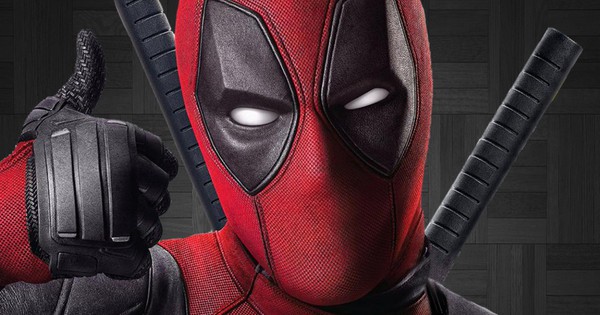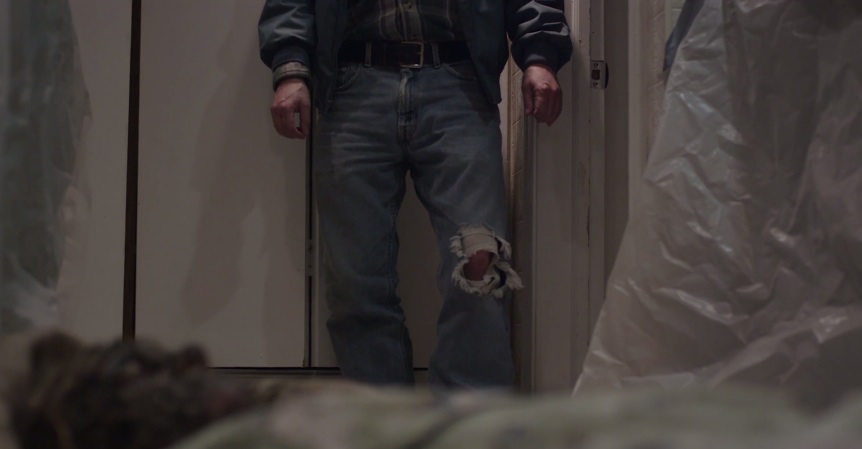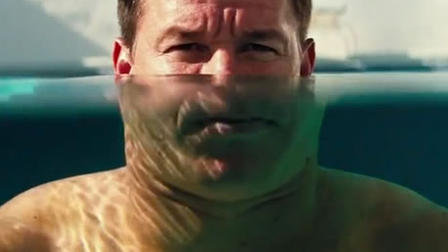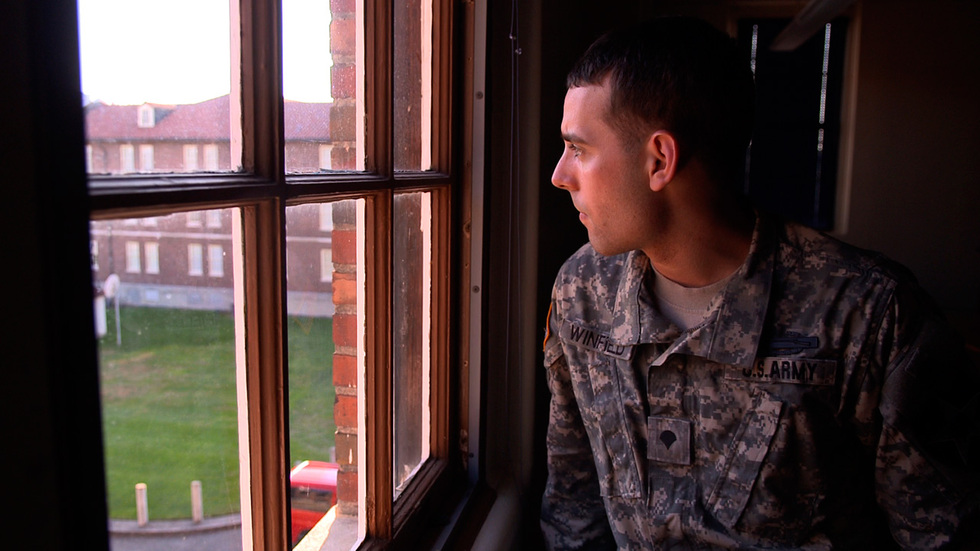
The Kill Team
USA, 2013
Directed by Dan Krauss
In Afghanistan during the summer of 2010, one Private First Class Justin Stoner complained to superiors about the amount of hashish smoking that was going on in his tent, involving men in his unit. The subsequent investigation revealed one of the worst atrocities of the Afghan war. As documented first by Rolling Stone magazine, men in Stoner’s unit had worked as a so-called “Kill Team,” shooting innocent Afghans for sport and them framing them to appear like Taliban insurgents. Dan Krauss’ new documentary The Kill Team is an exhaustive, and sometimes exhausting, look inside their case.
The documentary takes the basic position that Specialist Adam Winfield, who begins the film under Army arrest for his role in the Kill Team, is in fact an innocent whistleblower. A combination of 24-hours-a-day filming of Winfield’s family, and talking-head interviews with the other members of The Kill Team, are employed to follow up on that thesis. Also mixed in are graphic photos and videos taken in the field, showing members of the Kill Team posing with their victims’ corpses – these personalize the crime in a way that not even the most well-written passage in a magazine article could have done.
In fact, Krauss has collected so much evidence that at times in this film the Army’s position against Winfield becomes ridiculous. in one important scene, Winfield’s lawyers present to him an offer from the Army wherein he would admit to “cowardly conduct,” receiving up to eight years in prison. The Army’s argument in favor of Winfield’s cowardice? Staff Sergeant Calvin Gibbs, the leader of the Kill Team, had threatened to kill him if he didn’t go along with the plan … and Winfield was afraid of him!
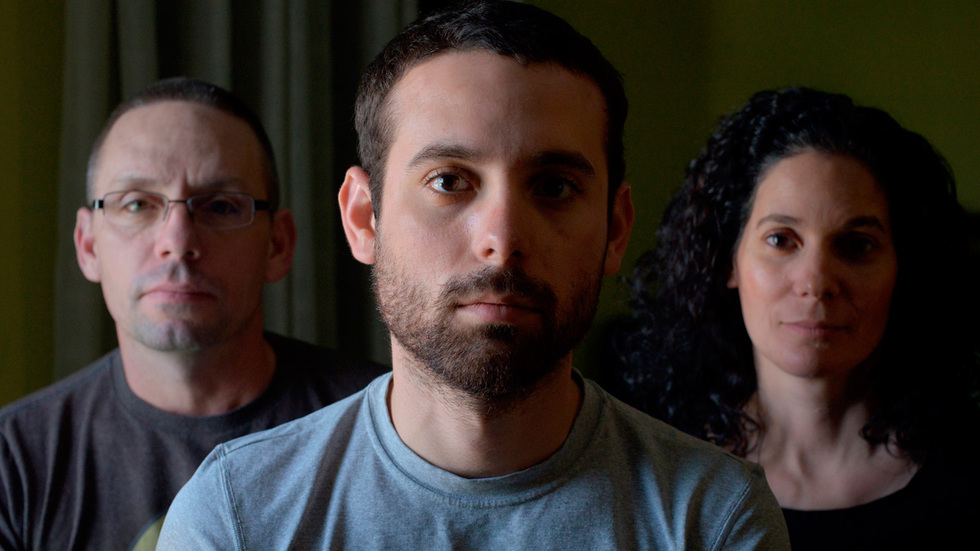
Typically, having a point of view is not a positive for a documentary, but Krauss benefits from having a significant amount of evidence in support of Winfield. Facebook chats, testimony in lockstep from everyone who knows him back home … members of the Kill Team even admit on camera that there had been discussion of killing Winfield in order to silence him. But the best piece of evidence that Krauss displays is Winfield himself – he’s wracked with guilt in a way that not even professional actors could fake.
The main weakness of this film is that, at a certain point late in his legal proceedings, Winfield seems to have a change of heart. There’s no question that he was present for at least one of the Kill Team murders – Krauss displays the posed photo that was taken afterward, and Winfield is in it. For most of this film, the position is that Winfield feared for his life and no one would listen to him, so what else could he have done but participate? But he later believes that by not standing up for the Afghans he was condoning their murder. Was Winfield simply ground down into accepting guilt by the Army’s prosecution, or did something cause his mind to change? It may not be possible to determine, but Krauss doesn’t even try.
The reason for watching this film rather than reading the Rolling Stone article again is simply the members of the Kill Team themselves; the entire truth of the case is seen in their reactions once they are put on camera. The most haunting message in The Kill Team comes from Stoner, who says that he doesn’t consider himself a whistleblower, claims that if he had it to do over he would have said nothing about the hashish, and seems generally unrepentant about the dead Afghans. Stoner believes that he was doing his job as a trained killer and doesn’t even seem to understand that murder was committed. Even if the Army thinks Adam Winfield is a murderer, The Kill Team confirms what he understood.
-Mark Young
The Tribeca Film Festival runs April 17-28. Visit the official website for more information.

